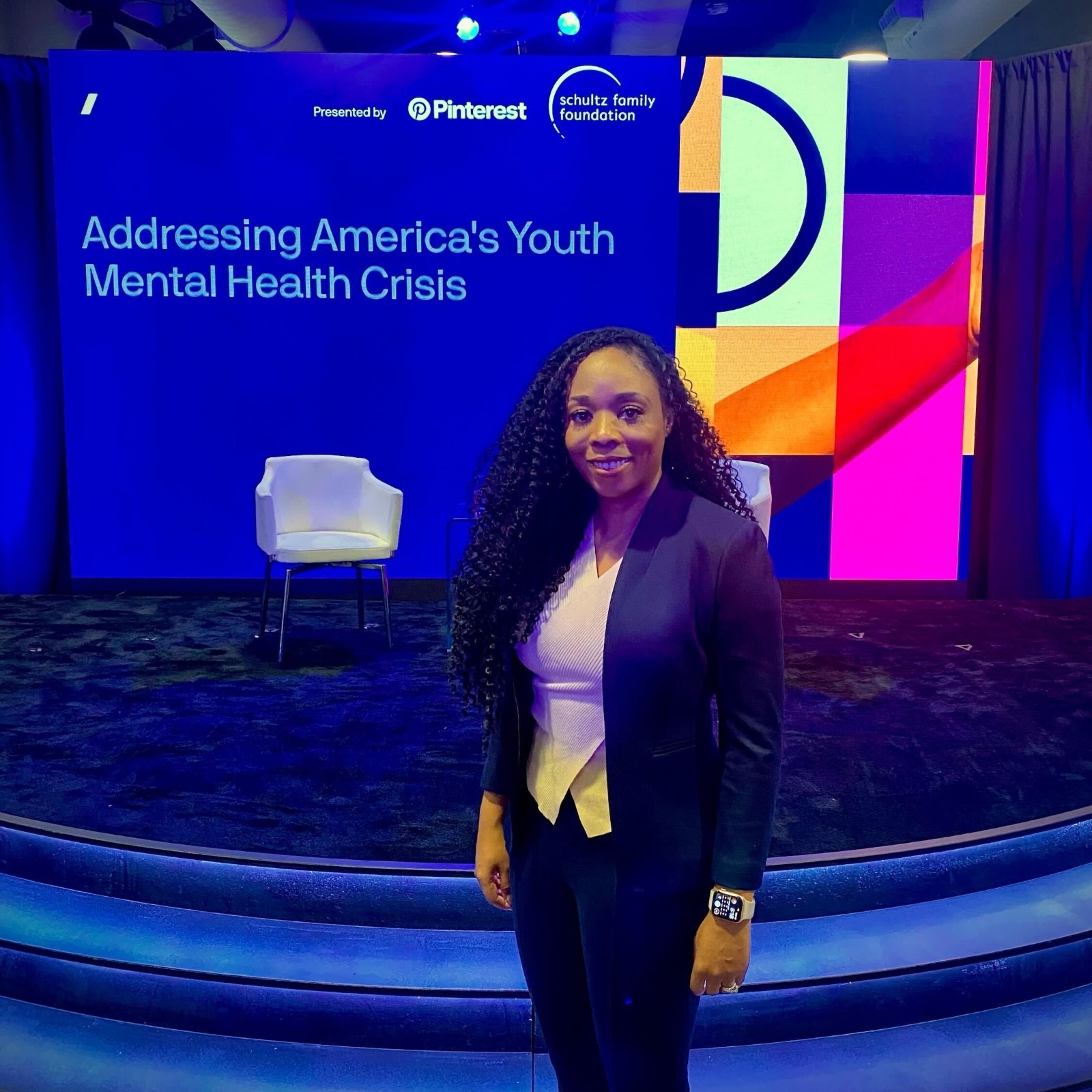It’s October 10th, World Mental Health Day. What better time to collectively dream of a world where transformative emotional wellness is a priority for every young person? This World Mental Health Day, I imagine a world where mental health support is readily available, adaptable, and integrated into how youth connect to each other and learn. Peer Health Exchange has over 20 years of experience working directly with young people, and the unique perspective to work towards making this world a reality. How? We must continue to create and design with youth by listening to and championing what they say they need from adults and youth-serving institutions. Young people come with their unique identities, perspectives, experiences, etc. To create such a world, it is essential to approach them as individuals, to remove locally specific barriers to care, and to provide diverse, culturally competent health education curricula.
Create and Design with Youth
Back in 2020, when our world was flipped upside down by the pandemic, we asked the young people at Peer Health Exchange how we could best support them, and what they needed from us. They charged us with creating a digital platform to access health information, PHE style, by young people for young people. They wanted it to be accessible anytime, anywhere, for anyone. In partnership with four(?) cohorts of our amazing Youth Design Group, we’ve been working to realize their vision. The result? selfsea (selfsea.org), a webapp featuring a library of original video content, health resources, and customizable topic-based content, all with a focus on being an identity-affirming safe space. So far, through this work, we’ve been able to reach over 700K youth across the country with vetted information about their health.

Local, Community Focus
Each community is different, with various factors impacting youth. Whether through our work partnering with community-based organizations or on selfsea, Peer Health Exchange is committed to making a local impact. We developed localized resources on selfsea to consist of curated lists of community-based services and networks tailored to specific regional areas. We continue to expand our mental health content with the addition of new resources including, mental health providers, youth drop-in centers, grieving resources, crisis hotlines, and more. Each resource is co-evaluated with young people to ensure it is youth-aligned, identity-affirming, and accessible. For now, we have localized resources in New York, Ohio, Texas, Minnesota, Michigan and Colorado, and are eager to expand into additional communities.
Localized support ensures that young people can access trusted support available right in their communities. This approach helps reduce barriers to care by:
- Connecting youth to nearby services they can access physically or virtually.
- Highlighting culturally relevant and affirming providers, for marginalized and underserved communities.
- Fostering a sense of belonging through local organizations that understand the community.
- Empowering youth to take action with immediate, concrete options that meet their needs.
Removing barriers to care
Youth worldwide face an unprecedented mental health crisis. According to the CDC, over 40% of high school students in the United States experience persistent feelings of sadness or hopelessness. Time, cost, stigma, language, etc., are all barriers young folks face when trying to improve their mental health. Our work with youth must be focused on removing barriers to their care. We must provide safe spaces for them to be affirmed and served. With a strong dedication to listening to youth and commitment to providing equitable support, we can create the world we dream of, together.


